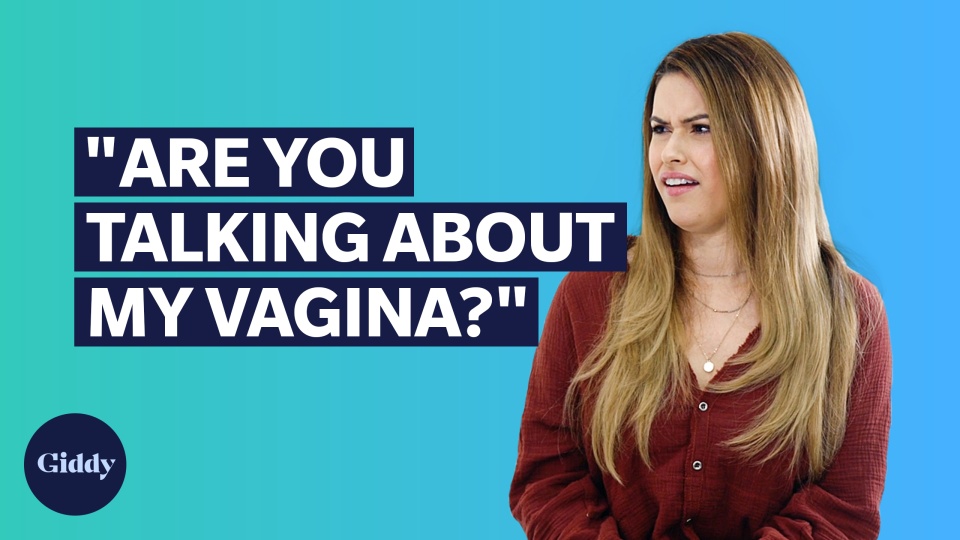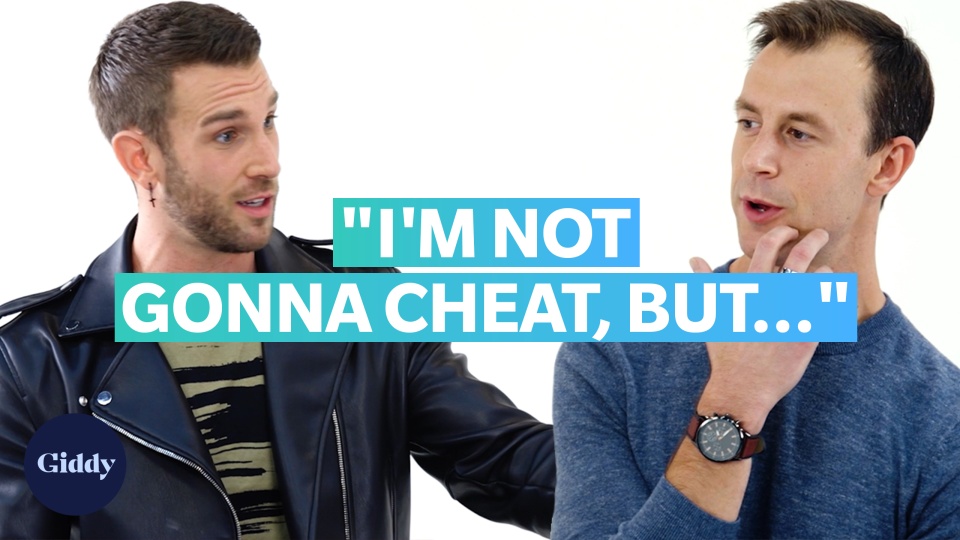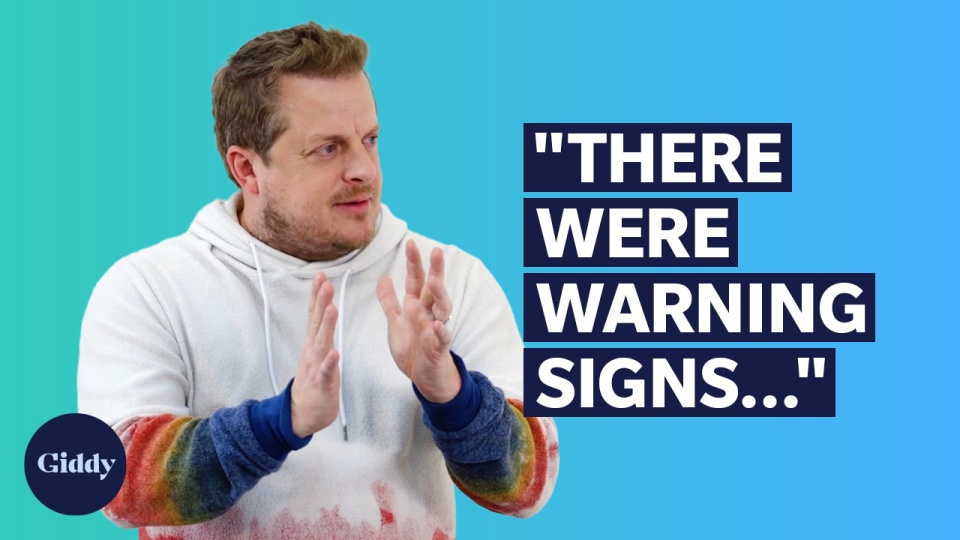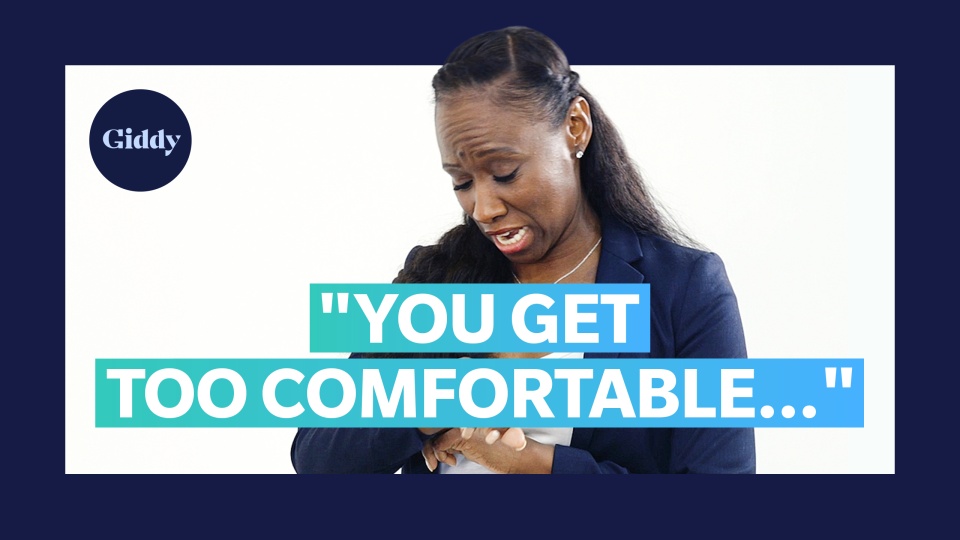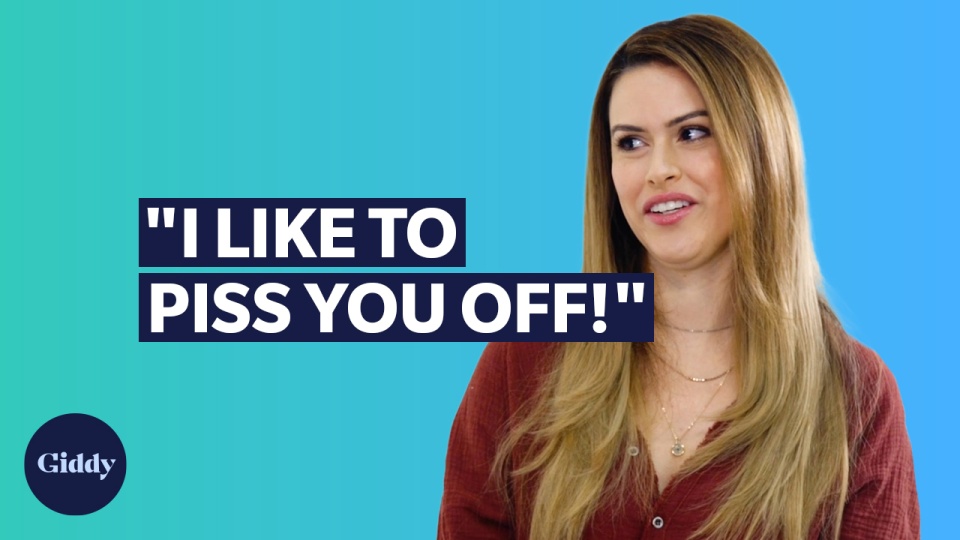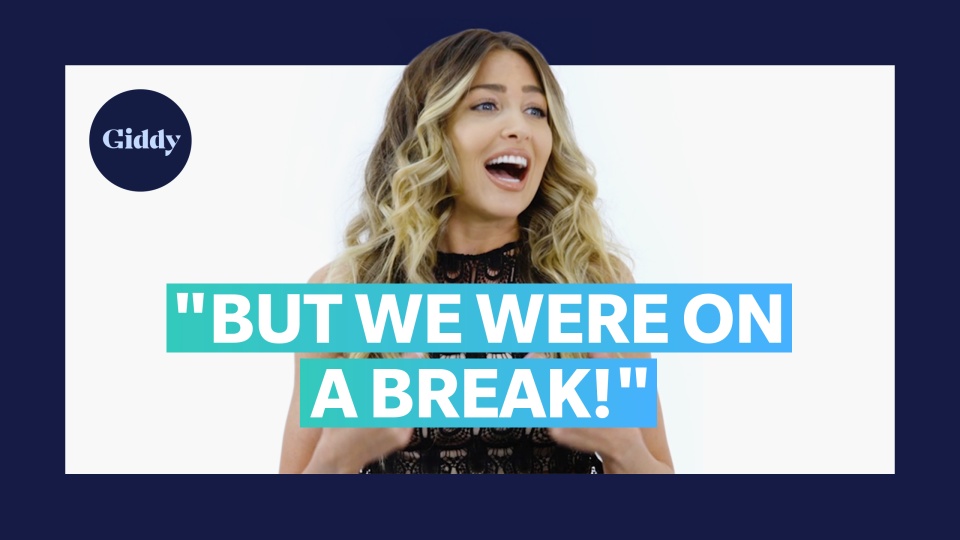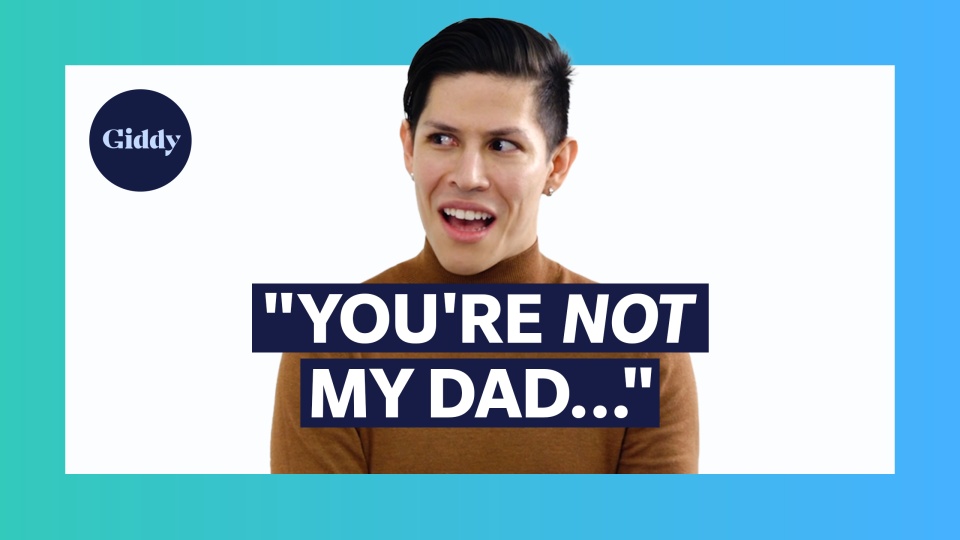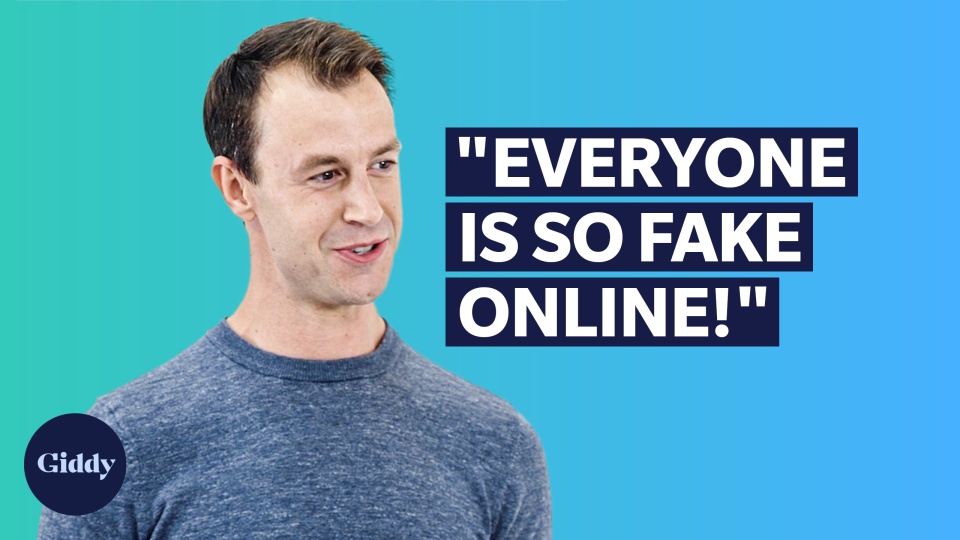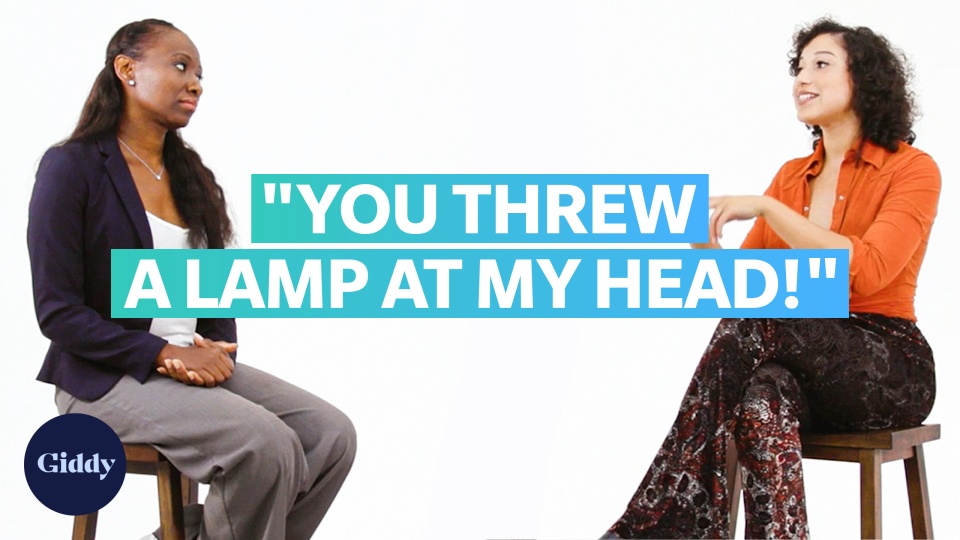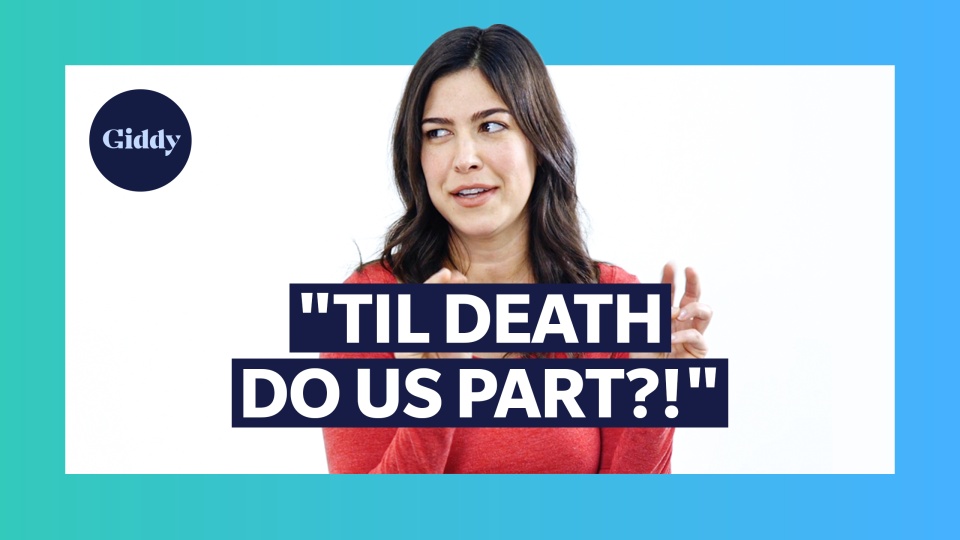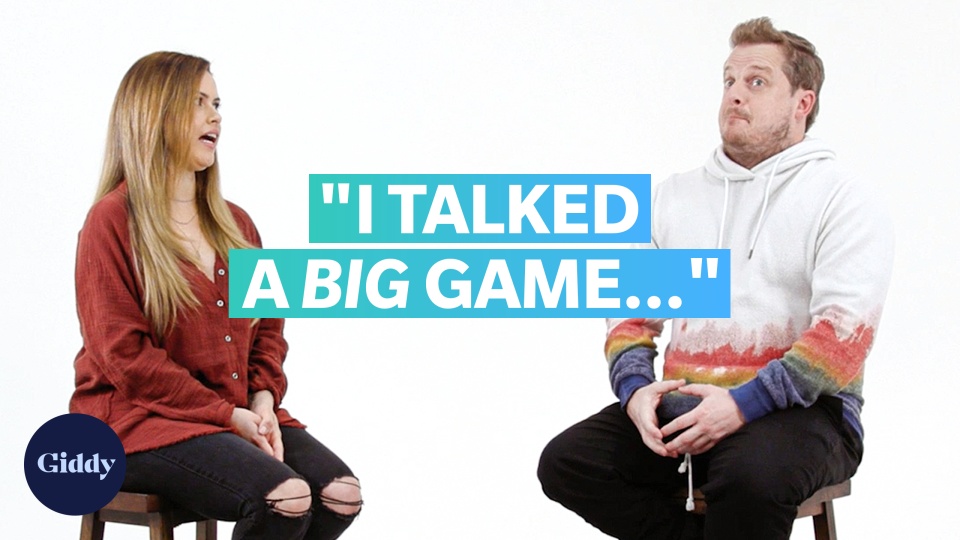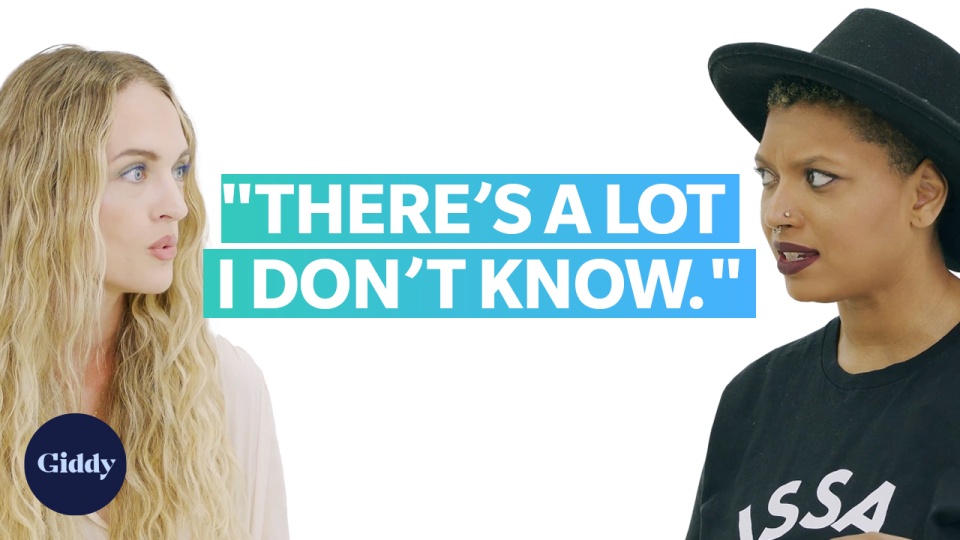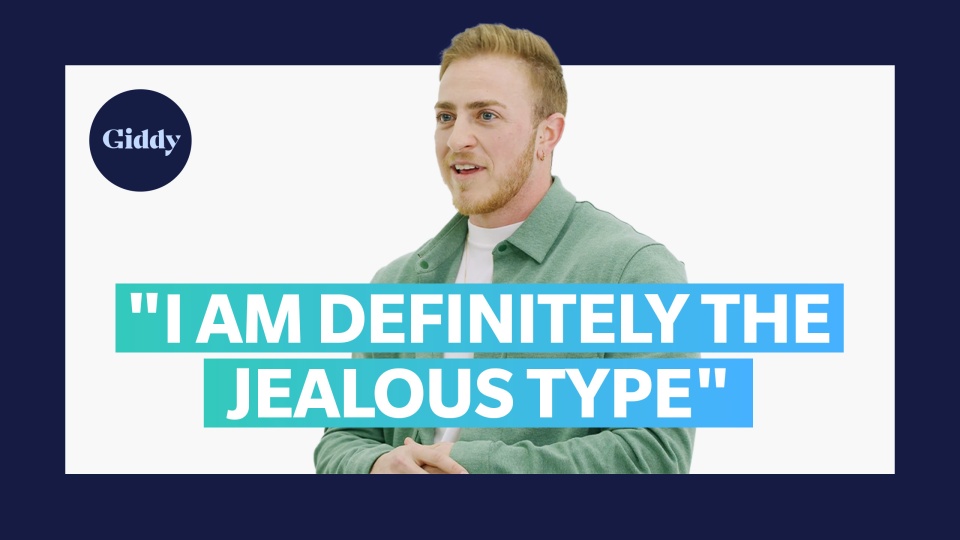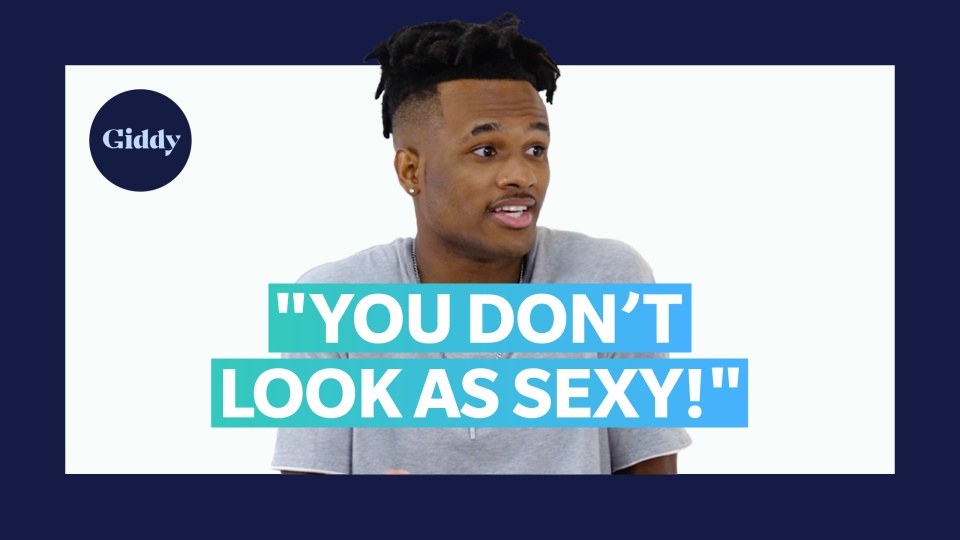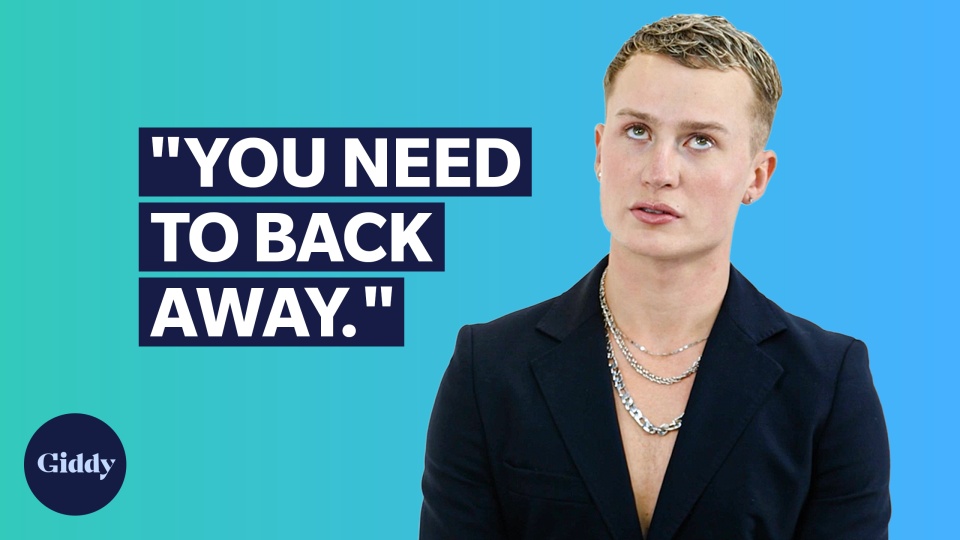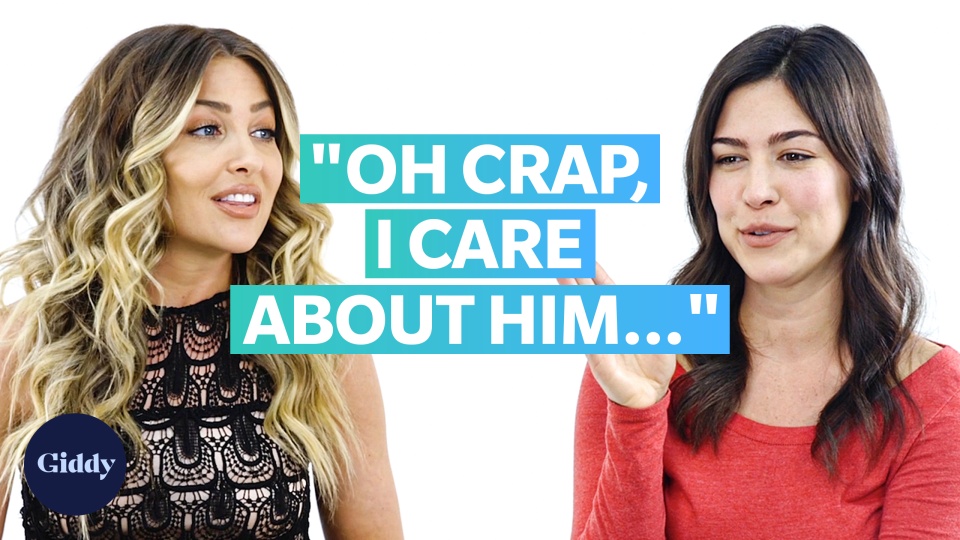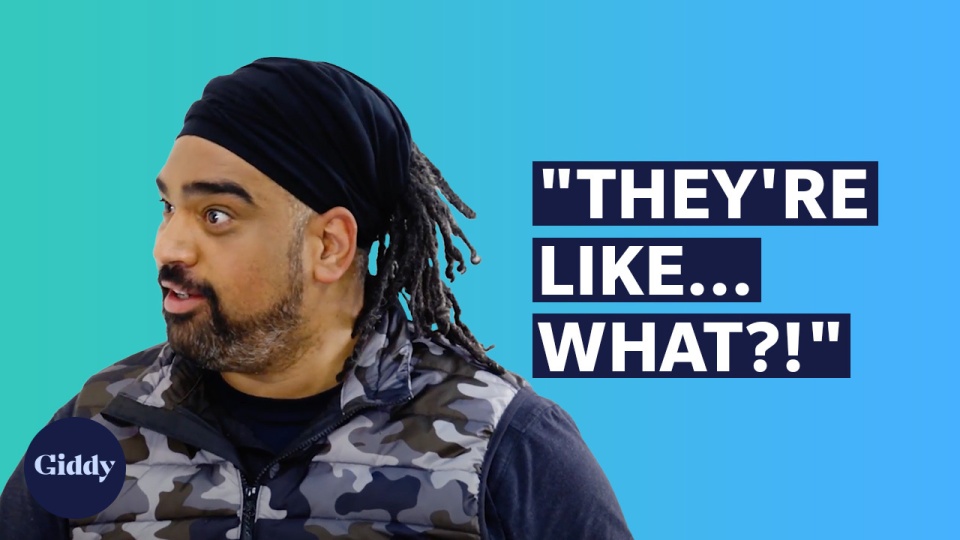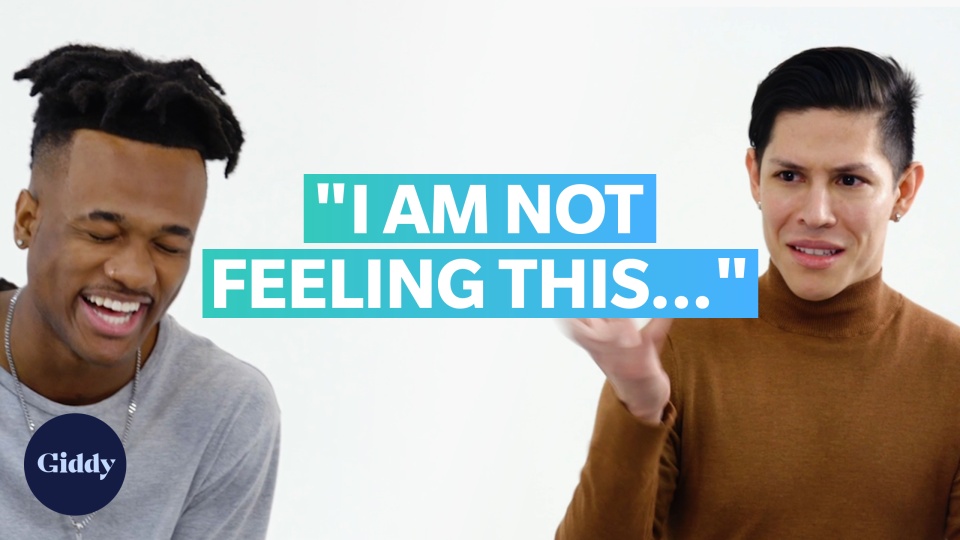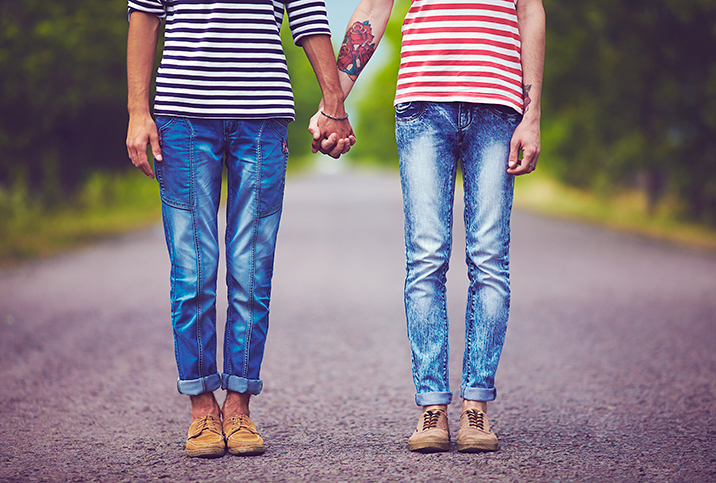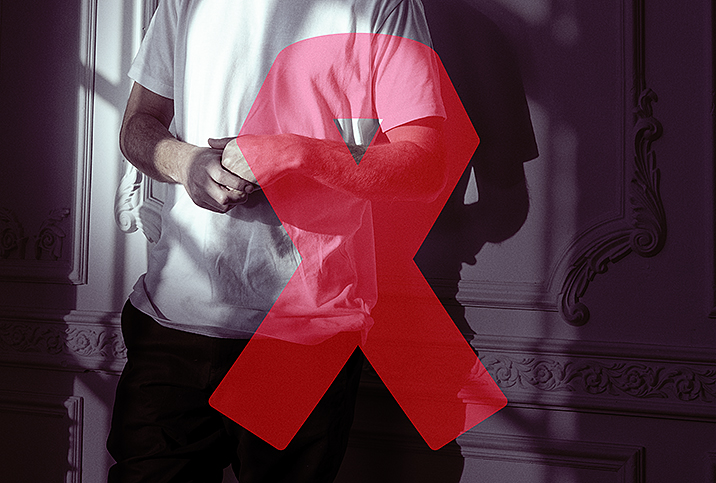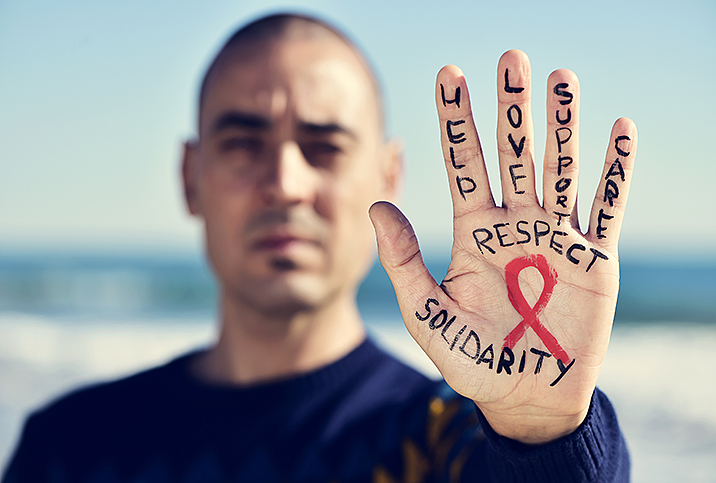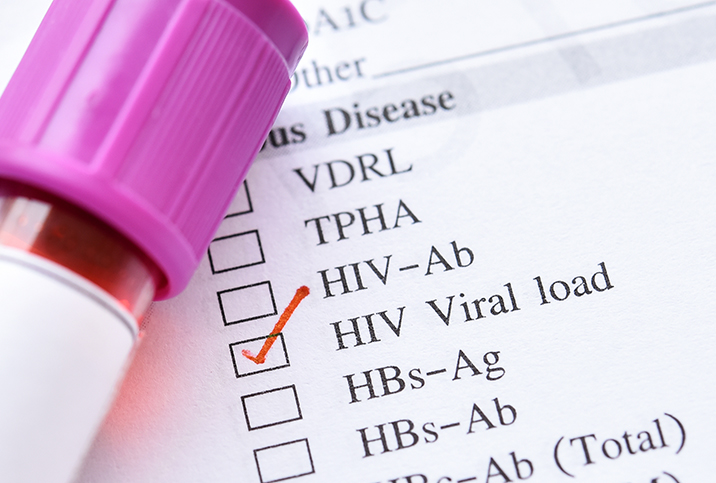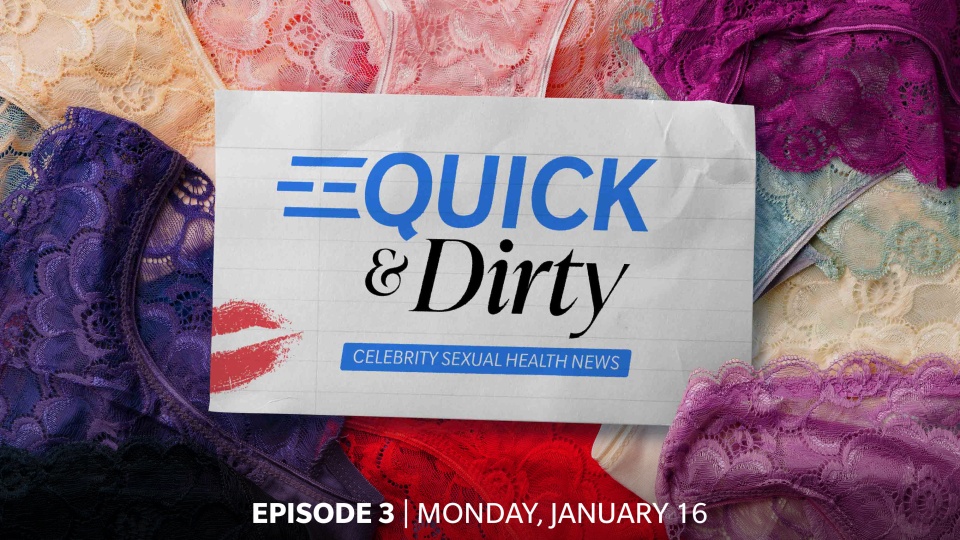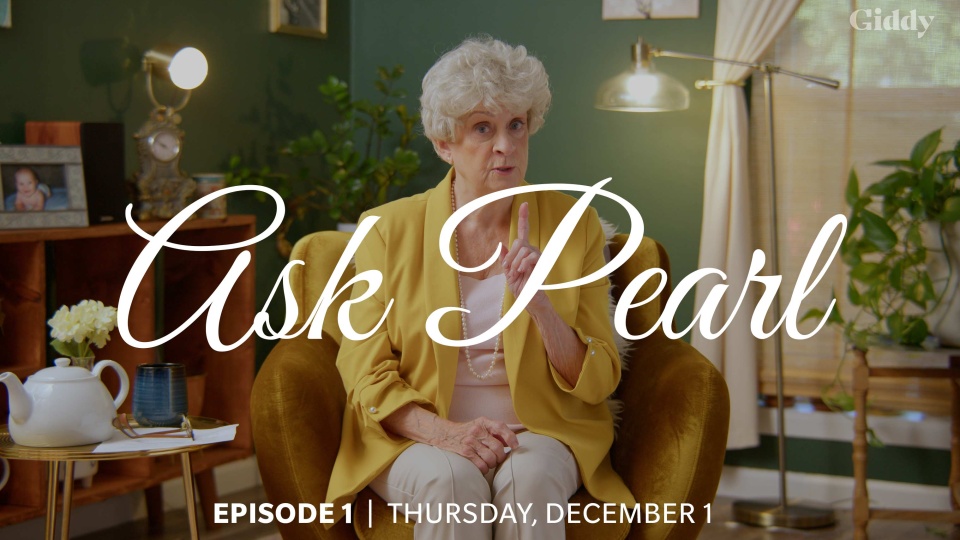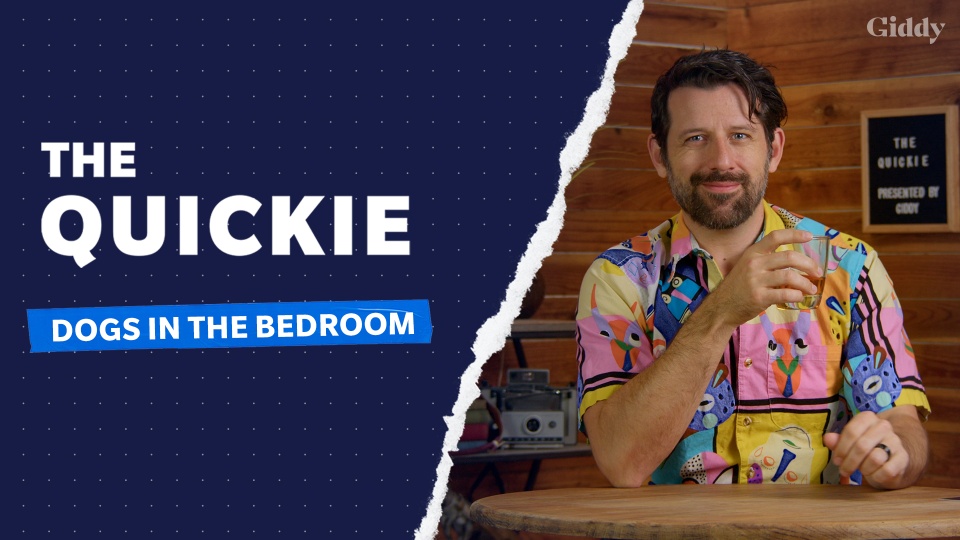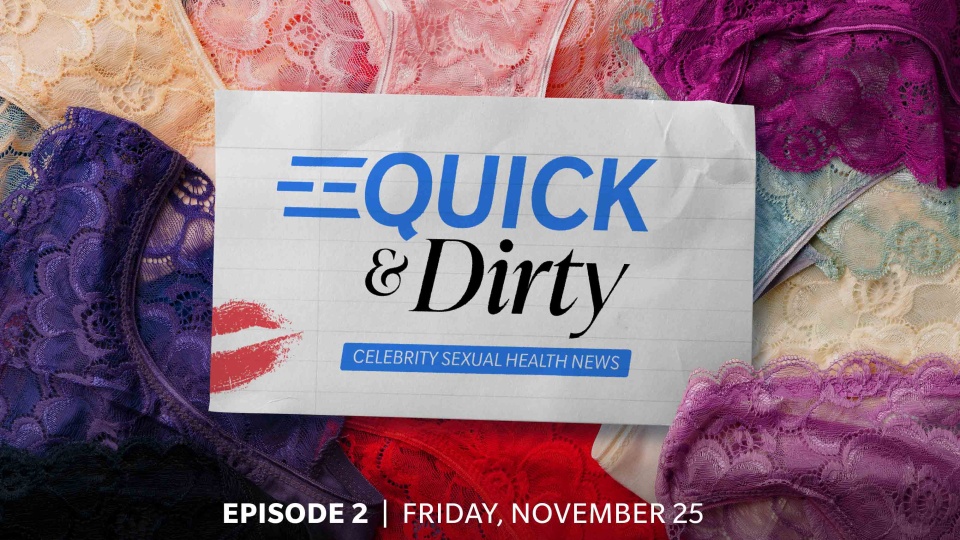Up Next
Would you date someone who is undetectable for HIV?
Two sets of strangers share their thoughts on dating someone who is undetectable for HIV.
More about this episode
A Conversation on Undetectable HIV
Nearly 1.2 million Americans are living with HIV, but 13% of those people don’t even know that they have it. Since the rise of the AIDS epidemic in the U.S. in the 1980s, there has been a stigma against people living with HIV. To this day, many people still believe having HIV is a death sentence, and that you will immediately contract the virus if you have sex with someone who has it.
However, great strides have been made over the past few decades for those living with HIV. In fact, modern treatment has the power to suppress HIV to the point where lab tests can’t detect the virus. If you have HIV and reach/maintain undetectable levels, then the virus can’t be transferred to your partner during sex.
Despite this medical milestone, there is still a social stigma resulting in prejudice and discrimination against people who are undetectable, especially when it comes to dating, sex or intimacy.
Transcript
Opinions, we all have them, especially when it comes to love and sex. So what happens when two people who have never met get to share their opinions in an open and honest conversation? Maybe they learn something about the other person. And maybe they learn something about themselves.
I'm Dr. Jessica Edwards. And this is "Well, In My Opinion." Today, we are discussing, would you date someone undetectable for HIV?
I would date someone that is undetectable for HIV. I think, for me, especially with the advancements that have taken place, such as prep and ongoing medication for them as well too and safer forms of sex. And I don't know if you've seen in the news, there's been some great advancements. I think the first woman was just fully cured of HIV just recently. They're not opening up the medication quite yet, because it's still in trial phase. But there's a lot of advancements.
So yeah, I would definitely give my love and energy and emotions to someone that has an undetected form of HIV. For sure.
That's very insightful. Thank you.
No problem.
I don't know. There's a lot that I don't know about HIV. Because my initial inclination was no. But also, yeah, there's a lot that I don't know about it. And I guess, to a degree, I guess if you're living with HIV and you're trying to—I mean, this is, obviously, someone who doesn't have HIV—you're taking all the steps to make sure that you're able to not be contagious. So I don't know. I would need to think about that more. I'm leaning more towards yes, but my initial inclination was no. Yeah.
Yeah. I think with the lack of education and just the—-there was a lot of fear mongering when HIV first popped on the scene, in the late '80s and the '90s.
No. That makes a lot of sense. And I definitely agree that even just STIs in general are stigmatized. Like even herpes, which is astonishingly common—
Very common.
—it's seen as gross and disgusting and unwanted. And yeah, it's very, very common. I definitely think that there is space for a larger conversation, because this is probably the first time I've had a conversation about whether or not I'd be even open to it. Yeah.
Yeah.
It was very insightful. Thank you.
No problem.
Yeah.
About 1.2 million Americans have HIV. Of this amount, about 13% do not know it and currently live as undiagnosed. For those who have been diagnosed, modern treatment can suppress the virus to the point that lab tests cannot detect it, a state known as undetectability. Those who have reached and maintained undetectable levels can no longer transmit HIV through sex to their partners.
Despite this, many people who are undetectable still face prejudice and discrimination in the dating arena, as if it wasn't difficult enough to find a partner, a meaningful relationship in the modern scene.
If I still liked the person, then that probably wouldn't deter me from dating them just because that. You know? I mean, if they couldn't sexually transmit it to me and—I mean, even if they could and I still like the person, they disclosed it, we would just have to figure out ways to be safe, because that's the person I chose to be with. You know?
Yeah.
I feel like it's just the honesty about it is really what matters. I mean, I don't know how you feel. But to me, I feel like it's just the honesty that matters.
It's the honesty and I think it's also if someone just wants to be super casual and they slip in that information, then it's like this probably—since you kind of aren't—it depends, I guess, if someone wants to be monogamous and committed or open and more fluid and free and kind of polyamorous in that way.
Yeah.
Because that would also add a layer, for me. If someone was like, “No, you're my woman that I want to be dedicated to or my person, this is what I have going on. Is that a deal breaker?”
If someone just wanted to be super casual and then they told me that they had that going on, I'd probably be like, “Then this probably isn't—you can go be casual. I'm in it for different things.”
Yeah.
So I think there's a lot of different elements.
Yeah. It definitely depends on the situation.
Though tremendous strides have been made to treat HIV, specifically to suppress it to undetectable levels, many with the illness still face stigmas entrenched in our culture from battling the disease these past few decades. The good news is that modern treatment can not only help those living with HIV live full lives, but also inhibit them from spreading the illness to their loved ones.
I'm Dr. Edwards and this has been "Well, In My Opinion."






